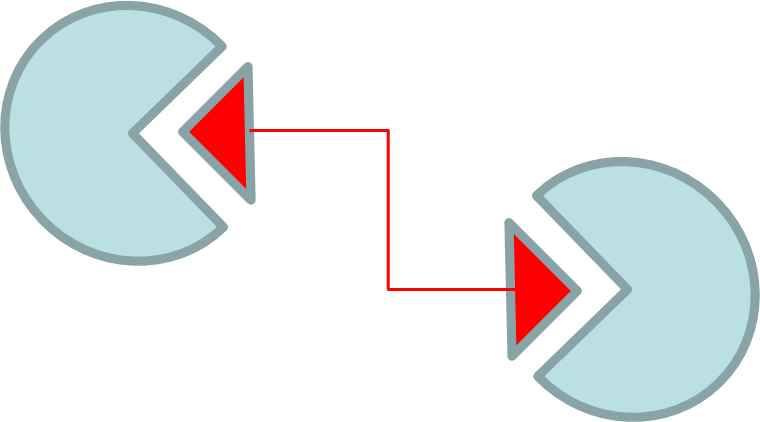
22MA087 ULK3: ULK3 Inhibitors for the Treatment of Multiple Myeloma
A novel class of highly potent autophagy targeting ULK3 inhibitors are currently being developed with highly potent anti-proliferative activity against several multiple myeloma cell lines. Current class of compounds can effectively function as dual inhibitors also by targeting either JAK2 or BRD4 along with ULK3. BRD4-ULK3 dual inhibitors have a BRD4 Ki of ~27nm and ULK3 Ki of ~90 nm in triple negative breast cancer cell lines and results in superior controlling of tumor proliferation. Similar low nanomolar range activity is also observed for dual JAK2-ULK3 inhibitors in multiple myeloma cell lines.
COMMERCIAL OPPORTUNITY
- Autophagy is an orchestrated process involving several steps. The ULK complex is a key early initiator of autophagy. ULK3 correlates with the invasiveness degree of breast cancer (BCa) and moreover it is overexpressed in triple negative breast cancer (TNBC) patients.
- Analysis of the TCGA data set shows a significant increase in ULK3 expression in invasive breast cancer compared to normal breast tissue. Kaplan- Meier Plotter analysis shows that TNBC patients with higher expression levels of ULK3 (n=109) reported shorter relapse-free survival compared to the low expression patient cohort (n=111), There were estimated to be about 284,200 new cases of breast cancer in 2021. Triple negative breast cancer is found in about 10–20% of breast cancer patients. TNBC is highly metastatic, less responsive to standard treatment, and associated with a high rate of cancer recurrence.
- According to ACS, about 34,920 new cases of multiple myeloma will be diagnosed (19,320 in men and 15,600 in women) in 2021. About 12,410 deaths are expected to occur in the same year.
TECHNOLOGY
In vitro data show that TNBC cells are more sensitive to the cytotoxic activity of the dual inhibitors compared to other breast cancer subtypes, as confirmed by nanomolar IC50s values (TNBC cells 4T1/SUM149/SUM159/HCC143 IC50=E-7 vs epithelial cell line MCF-7 IC50=E-5 or HER2+ cell lines HCC1419/ZR7530 IC50=E-5). The variability in response is explained by TNBC cell’s high dependence to MYC oncogene and autophagy programs to survive. Further western blot analysis confirms the effectiveness of this novel reagents in abrogating MYC expression overtime and completely blocking the autophagy resulting in cell death.
PUBLICATION/PATENT
Provisional application was filed in May of 2022 for Drs. Nicholas Lawrence, Harshani Lawrence, Conor Lynch and Marilena Tauro
The Innovation Office
813.745.6828
InnovationMarketing@Moffitt.org

